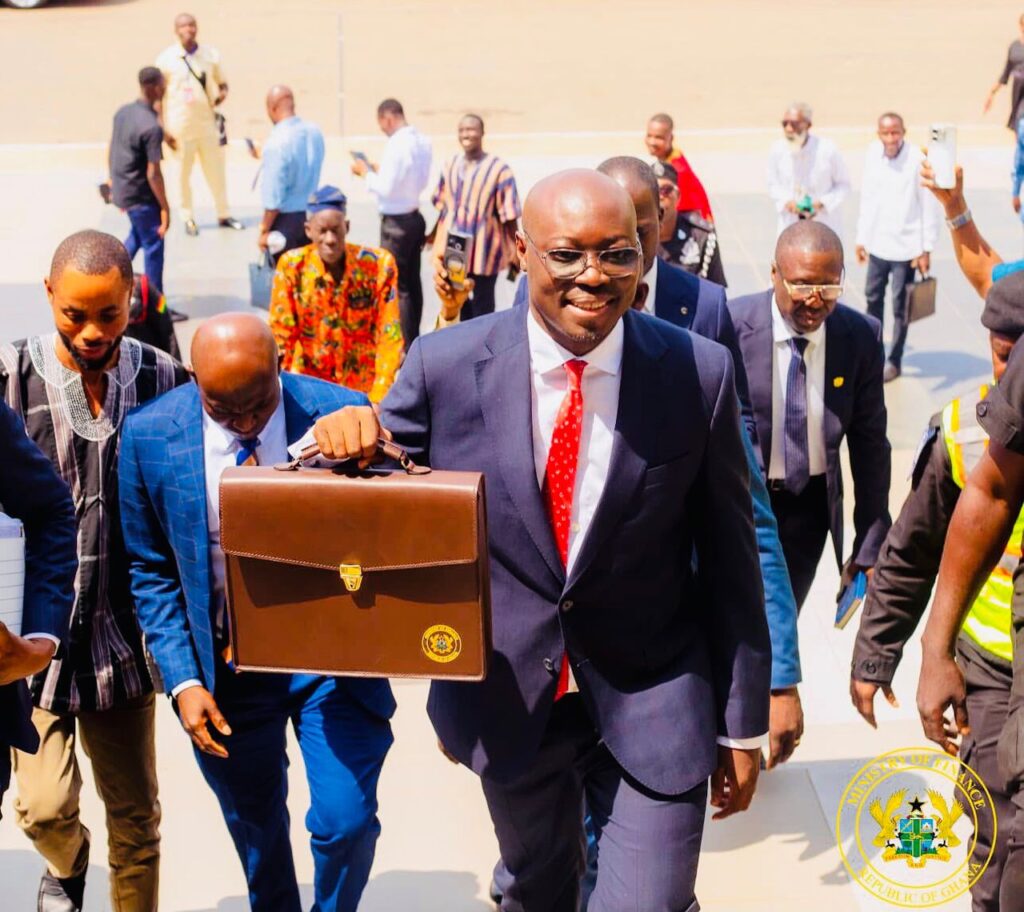The International Monetary Fund (IMF) has thrown its weight behind Ghana’s Finance Minister’s assessment that inefficiencies in the energy sector pose the greatest threat to the country’s economic stability.
Stéphane Roudet, IMF Mission Chief for Ghana, confirmed during the IMF Spring Meetings in Washington, D.C., that the Fund has long viewed the sector’s financial imbalances as a core concern under Ghana’s ongoing IMF-supported program.
Speaking on the sidelines of the meetings, Mr. Roudet highlighted that the challenges surrounding the energy sector—particularly the revenue shortfalls at the Electricity Company of Ghana (ECG)—have been a persistent and critical focus.
“We knew from the beginning of the program that there were challenges related to the energy sector.
“The main challenge is that you have a large difference between what ECG can collect in terms of bills and the costs that are generated in the sector—that’s what we refer to as the energy sector shortfall.”
Stéphane Roudet, IMF Mission Chief for Ghana
To tackle this longstanding issue, Ghana and the IMF agreed early in the program to bring the full size of the energy sector’s financial shortfall onto the national budget.
This measure was intended to improve transparency, moving away from the past practice where these losses operated as implicit subsidies hidden off the government’s balance sheets.
“It was important to put the shortfall on budget to give a full and transparent picture of the fiscal risks facing the country.”
Stéphane Roudet, IMF Mission Chief for Ghana
However, transparency alone is not enough. Structural reforms are also central to the strategy aimed at reducing the energy sector’s burden on the national economy over time.
Despite some early reforms, the challenges deepened in late 2024 during the third review of Ghana’s IMF program.
Arrears owed by ECG to fuel suppliers and Independent Power Producers (IPPs) continued to grow, raising alarms about potential disruptions in power supply and escalating financial instability.
“These arrears are a very significant challenge for Ghana, given the implications they can have for power supply stability.”
Stéphane Roudet, IMF Mission Chief for Ghana
In light of the worsening situation, the IMF and Ghanaian authorities elevated energy sector reforms to formal program conditions during the program’s review cycle last year.
This means that Ghana’s continued access to IMF funding now hinges partly on demonstrable progress in fixing the sector.
New Government’s Renewed Commitment

Roudet expressed optimism that the new administration has brought a renewed sense of urgency to the reform agenda.
“The new government is very committed to accelerating the reforms to tackle the energy sector challenges.
“They will not be resolved overnight because the size of the shortfall is large, but we are seeing a real determination to move faster.”
Stéphane Roudet, IMF Mission Chief for Ghana
This renewed commitment is critical not only for stabilizing Ghana’s fiscal health but also for preserving investor confidence and safeguarding power supply reliability.
One of the major initiatives now underway involves introducing private sector participation into the operations of the Electricity Company of Ghana.
Roudet described this development as “very promising,” highlighting its potential to boost revenue collection, curb commercial losses, and improve operational efficiency.
While the path ahead remains challenging, Roudet stressed that the combined forces of government commitment, IMF support, and clear reform benchmarks create a credible pathway toward reducing the fiscal risks rooted in Ghana’s energy sector.
“The energy sector challenges remain profound.
“But with the new administration’s determination, we are optimistic that Ghana can make meaningful progress toward restoring financial sustainability in this critical sector.”
Stéphane Roudet, IMF Mission Chief for Ghana
While significant challenges remain, the renewed commitment of Ghana’s new administration to accelerate energy sector reforms offers hope for meaningful progress.
The IMF’s backing and the incorporation of reforms into formal program conditions provide a framework for accountability and sustained improvement.
The success of energy sector reforms will be a defining factor in securing long-term fiscal health and ensuring stable growth for the country’s future.





















